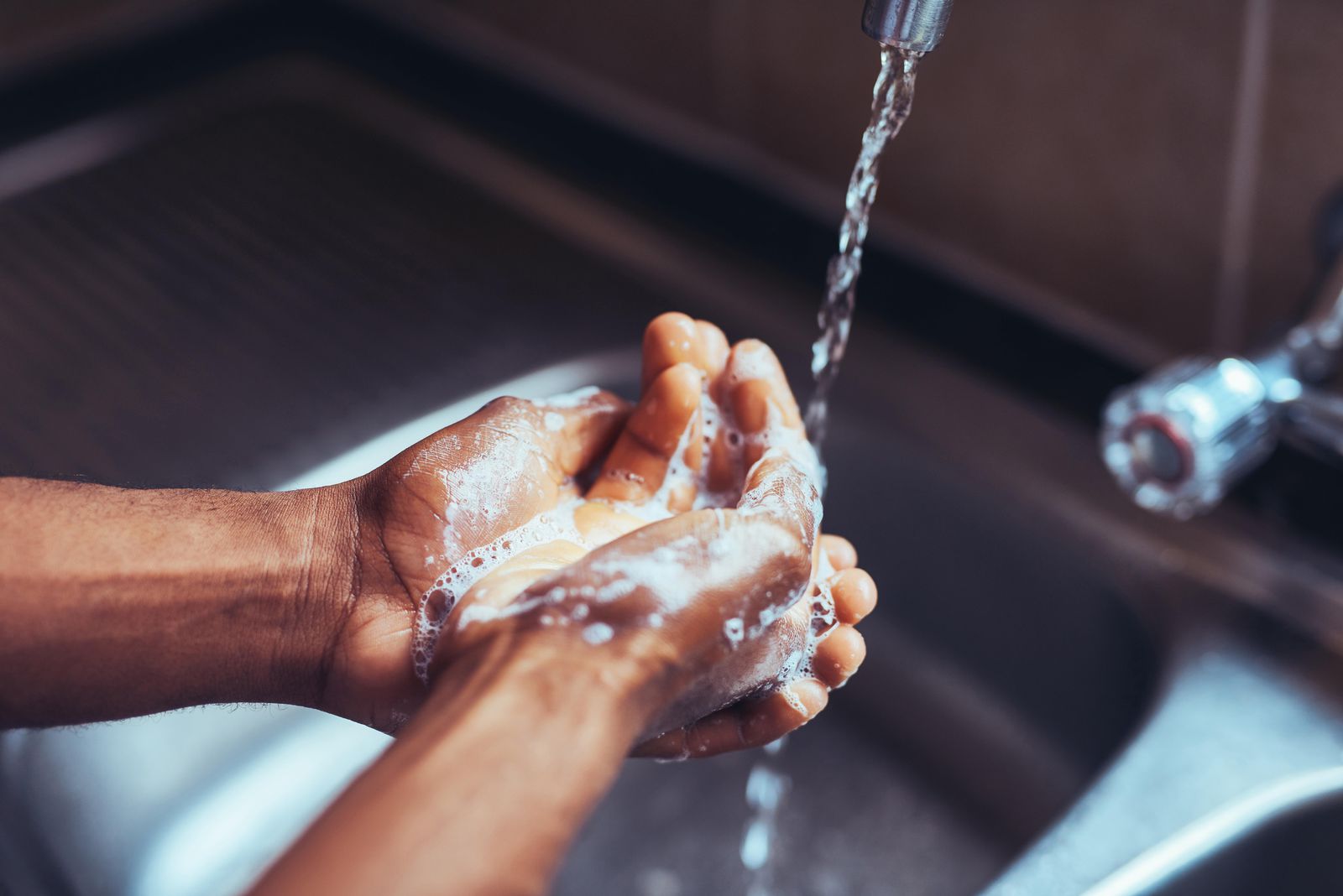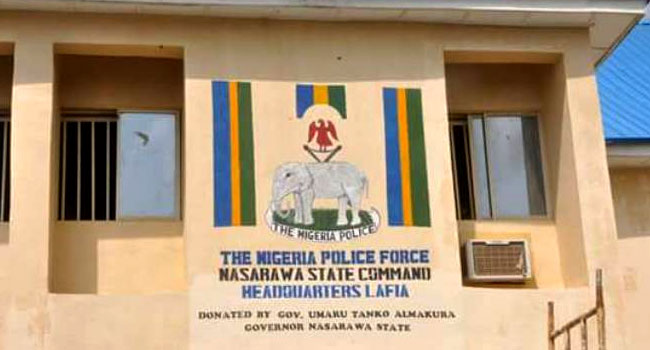
Neglected Tropical Diseases (NTDs) affect over one billion people globally and cause pain and disability, creating lasting health, social and economic consequences for individuals and societies.
They prevent children from going to school and adults from going to work, trapping communities in cycles of poverty and inequity.
People affected by disabilities and impairments caused by NTDs often experience stigma within their communities, hindering their access to needed care. Nigeria accounts for over 40 per cent of the NTDs in Africa.
Due to the deep-rooted poverty in the majority of the population, about 60 million Nigerians are at risk of contracting NTDs. About 15 of the 20 NTDs recognized by the World Health Organization (WHO) have their abode in Nigeria. Notable ones include blinding trachoma, buruli ulcer, human African trypanosomiasis and dengue fever. Others are schistosomiasis, lymphatic filariasis, onchocerciasis, leprosy and soil-transmitted helminths.
Since 2012, 31 countries have eliminated at least, one NTD. Although Nigeria has made significant progress, some implementation targets are yet to be reached or have only received sub-optimal coverage.
Hand washing is an effective way of preventing the spread of NTDs. It is amazing that only 40 per cent of the world’s population do not have a place to wash their hands with soap and water.
Women and girls are usually prone to Neglected Tropical Diseases because some of the schools and houses lack access to good toilet facilities, especially those in rural communities.
Hand washing will aid the prevention of NTDs if all individuals, especially women and girls are properly sensitized about the importance of hand washing as they are often in need of water on a daily basis.
UNICEF Hygiene Specialist, Mr Job Ominyi, stated that it is important for government institutions, religious bodies and community associations to collaborate and partner to promote hand hygiene as there is a stake for everyone.
He added that critical sectors such as health and education, need to come together to have a joint plan of action for hand hygiene with clear accountability lines.
The specialist added that women and girls that live in countries that are endemic to neglected tropical diseases usually experience some diseases due to lack of water.
“It is therefore important to curtail some of the outbreaks of this disease by ensuring that there is the provision of safe water sources, access to safely managed sanitation and effective hygiene practices, especially hand hygiene.
“The government has the power to create the enabling environment by establishing standards of service levels, facilitating private sector involvement and incentive through tax rebates for special projects on WASH supported by the private sector companies.
“We also need to have a strong policy environment that makes access to safely managed water and sanitation services including hand hygiene an obligation for duty bearers at the various levels of the society”, he noted.
He added that anyone can have infectious microorganisms which may have been picked up either from, surfaces in public places such as staircase rails, doorknobs, table tops and other contaminated surfaces.”
Adding: “Handshakes between two or more individuals unintentional contact with faecal matter or any parts of the body and contaminated animal furs as well as contact with the body fluids and vomit of sick people whether at home or in healthcare facilities.
“At some point, these contaminated hands become dangerous to someone else by passing on the contaminants or even to the owners of the hands of the infectious disease germs locate a vulnerable gateway into the body”, he explained.
Ominyi noted that it was essential for all individuals to practice hand washing with soap under running water when hands have been in contact with contaminated objects or parts of the body and are visibly soiled.
“The ultimate objective is to clean hands for the purpose of removing infectious disease organisms. It is also important to practice the use of alcohol-based hand rub when the hands appear clean but have been in contact with contaminated objects or parts of the body. Hand hygiene is recognized as the most cost-effective and procedural simplest method for preventing infections.
“Nigeria has joined the global community in the quest for universal hand hygiene and has been recognized as one of the early adopters of the global call for hand hygiene for all, by developing the Nigeria Hand Hygiene Roadmap which was launched recently by the Minister of Water Resources on September 6.
“The Nigeria Hand Hygiene Roadmap was comprehensively reviewed in a national workshop where stakeholders from the health education, environment, planning and WASH sectors at national and sub-national levels participated. Local and International NGOs were also part of the process”, he noted.
Water Aid Nigeria Policy and Advocacy Manager, Kolawole Banwo, said that effective behaviour change will bring about positive change in terms of hygiene and also reduce the spread of Neglected Tropical Diseases
“We engage in a series of sensitization about hand washing, we visit markets, communities and public facilities, and tell the people the importance of washing their hands regularly, which will prevent them from being exposed to infections and other forms of the disease. “We have a community management model where we support communities to be able to manage their sanitation facilities.”
Banwo also shed light on how hygiene promotion processes will aid in reducing the spread of Neglected Tropical Diseases among women and girls.
He said: “Hygiene promotion processes have scientific-based research through interaction with the people. When we identify that people need to wash their hands, we design appropriate campaigns. For instance, we have family campaigns in the Bauchi and Lagos States and some of the states where we work.
“You can provide facilities and the people will still not utilize them. Through hygiene promotion, we will have a clean family where hand wash is practised and then, the result gets to the entire community and the entire country at large. This will lead to Clean Nigeria Campaign that we have at the national level at the Federal Ministry of Water Resources.
“Promotion of hand hygiene is very important to us and we work with the government and private sector to inform the people about the role of hand washing in the prevention of neglected Tropical Diseases.
“On of our key mandates is to promote the use of safe water for hand washing, a decent toilet and good hygiene.
During the COVID-19 pandemic, we engaged in different sensitization activities on the importance of hand washing, and we are still doing more in this regard. Different projects that are ongoing include supporting the construction of water facilities and primary health care facilities to promote good hygiene through regular hand washing”, he said.
For Banwo, to promote good hand washing behaviour among women and girls, and the populace at large, “we do not have wait for another pandemic before we need to wash our hands as a lifestyle, but to ensure that the water and sanitation facilities are available. We need to make sure that people see a need for it and change their behaviour to use it, then we can have resources as a country.”
The Nigeria Hand Hygiene Roadmap, if properly implemented by all stakeholders in the WASH sector will improve hand washing and reduce the spread of Neglected Tropical Diseases.






